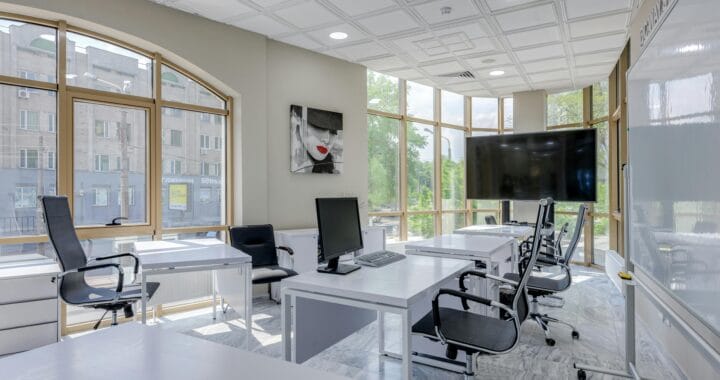The Reality of Leasing Commercial Properties Across the Globe
I’ve spent the last 15 years navigating the complex world of commercial real estate, and if there’s one thing I’ve learned, it’s that no two cities are alike. Sure, we talk about trends, pricing, and market demand, but the reality of leasing office or retail space in New York City versus Tokyo is like comparing apples to oranges. On the surface, they are both global financial hubs, yet the leasing process, tenant expectations, and investment risks differ dramatically.
I want to take you through what it’s really like to lease commercial properties in these two iconic cities—sharing my observations, challenges, and, yes, even some frustrations along the way.
What Drives the Demand in NYC and Tokyo?
New York is, well, New York. It’s a beast of its own. Demand for commercial space in Manhattan fluctuates, but prime locations like Midtown and Hudson Yards are always in high demand. After COVID-19, we saw a wave of uncertainty in the office market, with hybrid work changing the way companies think about leasing. Yet, retail in places like SoHo and Fifth Avenue remains strong—especially for high-end brands that thrive on foot traffic. If you’re looking for a flexible and modern office in the U.S., coworking space New York City offers a variety of options with premium amenities, 24/7 access, and the opportunity to work in the heart of the world’s business capital.
Tokyo, on the other hand, operates differently. The city’s commercial real estate sector is deeply tied to its cultural work ethic. Office buildings in Marunouchi and Shibuya are still filling up because in-person work remains the norm. Retail spaces, particularly in districts like Ginza and Shinjuku, have seen a shift, with more luxury brands taking hold while mid-tier retailers struggle with high rental costs.
The Leasing Process: NYC vs. Tokyo
Now, let’s talk about something that often surprises international investors—the leasing process itself.
In New York, leasing is often a negotiation-heavy process. You can expect back-and-forth discussions over tenant improvements, rent escalations, and sometimes even profit-sharing agreements (especially in retail leases). Landlords here are aggressive, but the right broker can make or break a deal.
Tokyo, by contrast, follows a more rigid structure. Landlords tend to have the upper hand, and lease agreements are often set in stone. There’s less room for negotiation, and tenants are expected to commit for the long term. Key money (a non-refundable upfront payment to landlords) is still common, which can be a shock for foreign businesses unfamiliar with the practice.
Case Study 1: Securing Retail Space in NYC
A client of mine, a European luxury brand, wanted a flagship store in SoHo. Finding a space wasn’t the hard part—getting a lease at a reasonable rate was. We spent weeks negotiating rent abatements and ensuring the space could be customized to fit their brand identity. The landlord, naturally, wanted a premium rate due to the foot traffic in the area. In the end, we secured a long-term lease, but it was a brutal process that required patience, persistence, and a deep understanding of the local market.
Case Study 2: Office Leasing in Tokyo
In contrast, I worked with a fintech startup looking to establish a base in Tokyo. They had their eyes on Shibuya, but they underestimated how strict landlords can be with foreign companies. Even with financial backing and a strong business model, they were asked for multiple months of rent upfront, in addition to key money. It was an eye-opener for them, and we had to explore other districts before finally securing a lease with a more flexible landlord in Roppongi.
Key Takeaways and Final Thoughts
Leasing commercial properties in NYC and Tokyo isn’t just about location and price. It’s about understanding how each market operates, navigating cultural differences, and preparing for unexpected hurdles. Here are my biggest takeaways:
- Know the Local Leasing Culture – NYC is flexible but tough; Tokyo is structured and formal.
- Expect Negotiation Differences – In NYC, expect back-and-forth negotiations. In Tokyo, be prepared for rigid lease terms.
- Budget for Unexpected Costs – Key money in Tokyo, high build-out costs in NYC—these can impact your bottom line.
- Work With Local Experts – You need the right team, from brokers to legal advisors, to navigate these markets effectively.
At the end of the day, there’s no “one-size-fits-all” approach to commercial leasing in global cities. Each deal requires a strategic approach tailored to the unique dynamics of the local market. If you’re considering expanding your business into either city, my advice? Do your research, assemble the right team, and be prepared for surprises—because trust me, there will be plenty of them.

